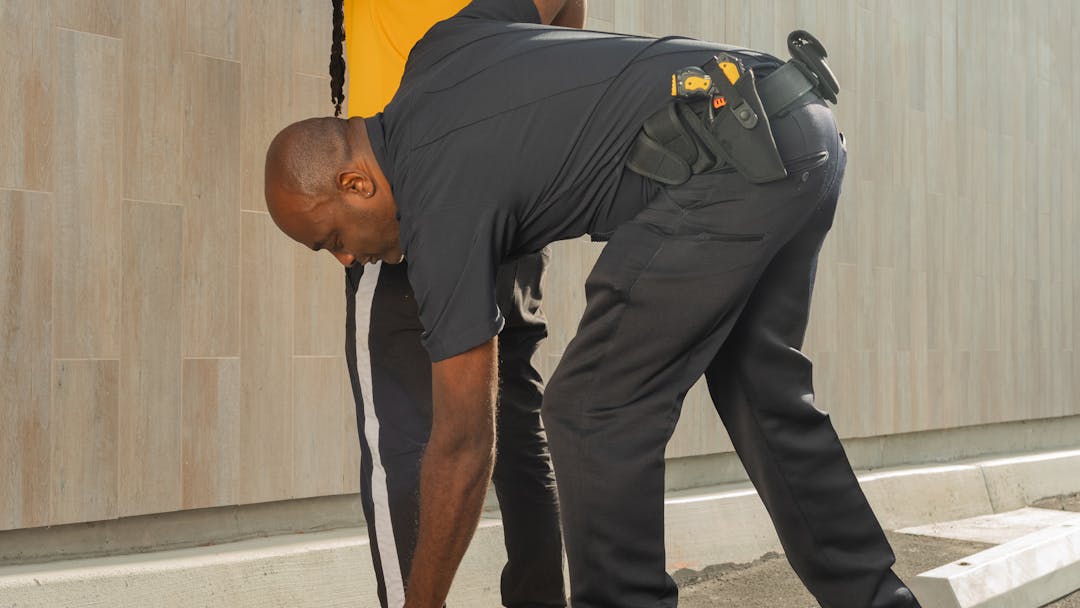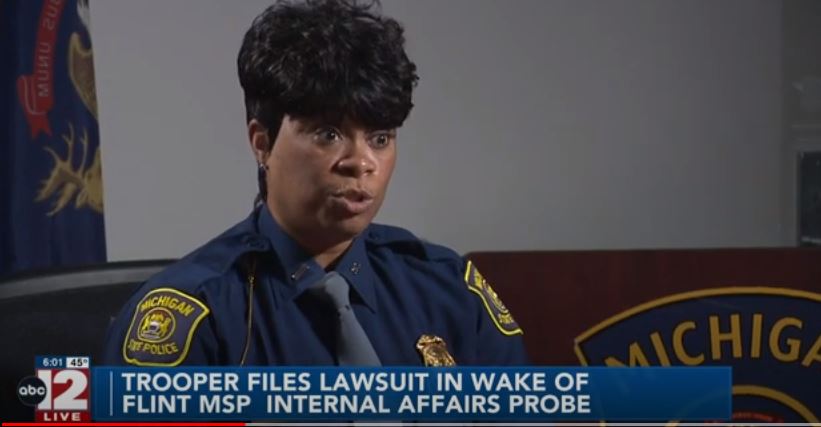People v WilliamsMichigan Court of AppealsNo 365299 (04/18/24) MCL 28.425f permits a police officer to ask a person observed to be carrying a...

A visit with a kick
POW – Right in the Kisser. Businesses watch out for the law
A Pennsylvania-based convenience store chain was hit with a lawsuit by the Biden administration at the same time the president stopped by one of their locations on the campaign trail.
Sheetz is being accused of racial discrimination by the Equal Employment Opportunity Commission (EEOC). THE EEOC claims that the company’s hiring practices discriminated against minority applicants.
The lawsuit was filed the same day Biden cheerfully stopped by a Pittsburgh location on Wednesday for food.
Specifically, the EEOC contends that Sheetz’s criminal background checks were discriminatory due to their method of excluding applicants suspected of failing the checks.
The EEOC claims that this disproportionately impacted Native American, Black and multiracial jobseekers.
https://www.eeoc.gov/newsroom/eeoc-sues-sheetz-inc-racially-discriminatory-hiring-practice
More Posts

People v Williams Michigan COA – Police CPL Check

Underage Workers in Factories Spark Fines, Investigations, and Legislation
A New York Times report exposed widespread child labor in a Michigan factory, prompting state and federal authorities to take action. The report...

Understanding Domestic Violence Laws in Michigan
Understanding Domestic Violence Laws in MichiganDomestic violence is a serious issue that can affect anyone, regardless of age, income, or...

Macomb Prosecutor issues first charges under new safe storage law
Understanding Domestic Violence Laws in MichiganMacomb County Prosecutor Peter Lucido has filed the first charges under Michigan's new safe storage...
DISCLAIMER
This post may contain re-posted content, opinions, comments, ads, third party posts, outdated information, posts from disgruntled persons, posts from those with agendas and general internet BS. Therefore…Before you believe anything on the internet regarding anything – do your research on Official Government and State Sites, Call the Michigan State Police, Check the State Attorney General Website and Consult an Attorney – Use Your Brain.




















